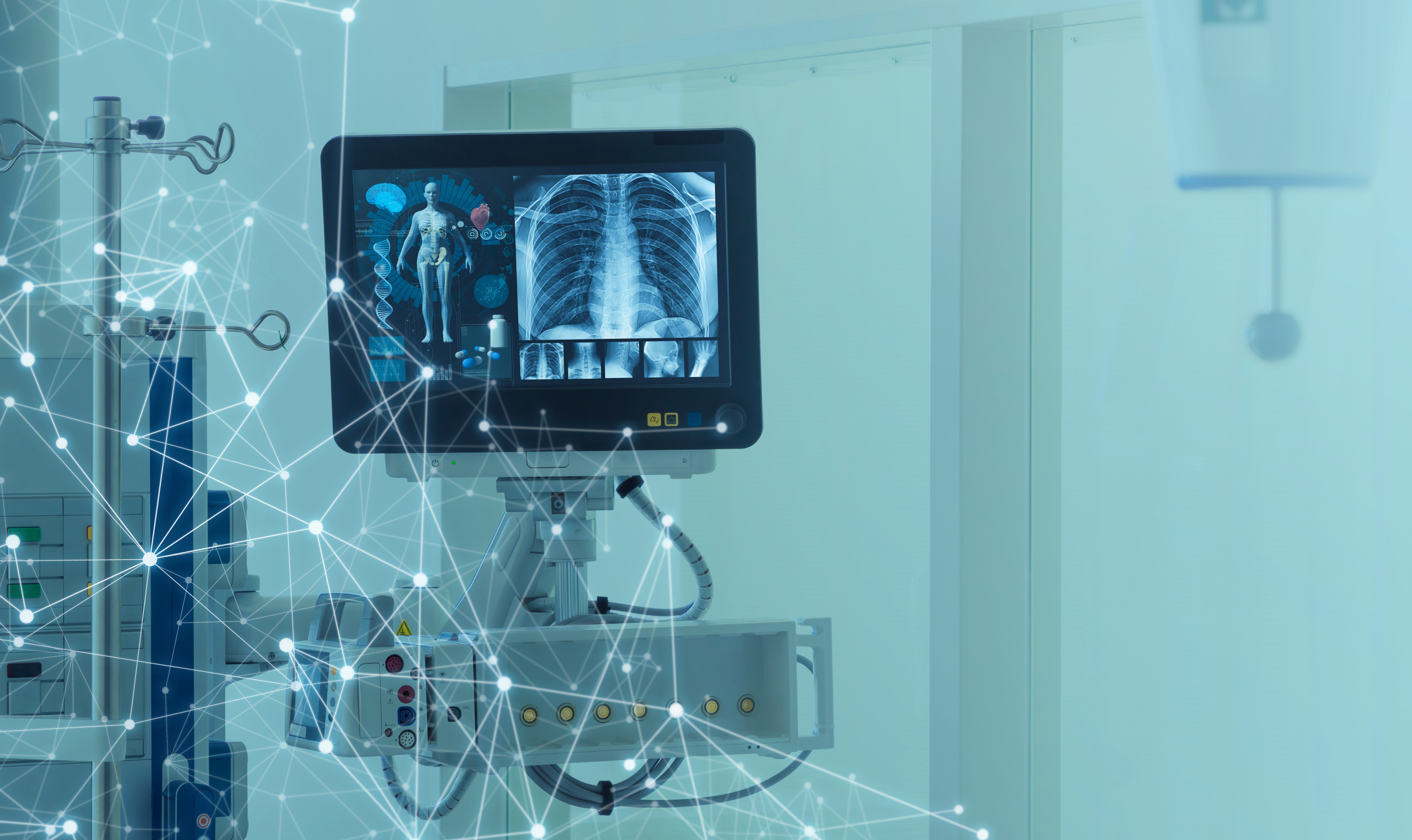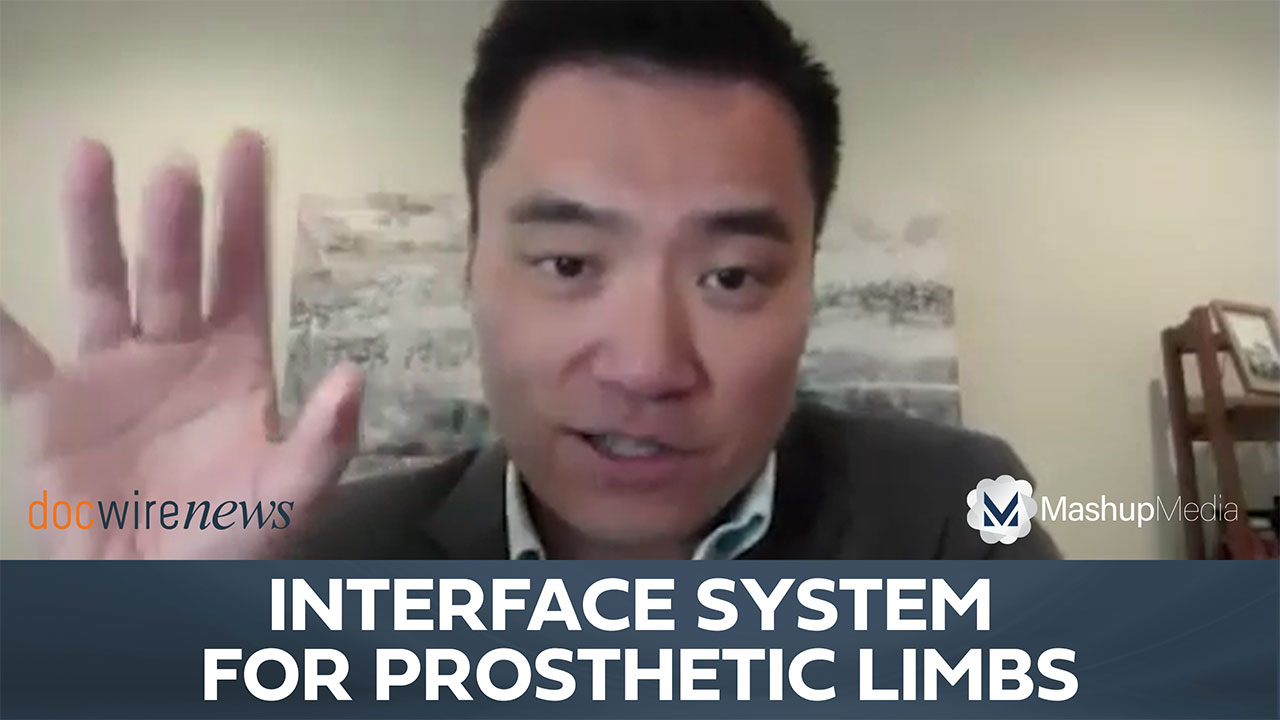
With Artificial Intelligence (AI) -based systems proving their worth in various research trials, their potential impact in healthcare is profound particularly in areas such as pathology and radiology. Less than two weeks ago, news broke of Google’s AI system that detected lung cancers with higher accuracy than human doctors. The FDA has already approved IDx-DR, an AI-tool that analyzes images of the eye to diagnose disease and University of Michigan researchers have recently created a similar AI-software for smartphones.
Given these considerable technologies, many are beginning to question if machines will eventually replace humans in several medical processes. To see how physicians feel about the potential implementation of AI in medicine, researchers conducted a survey of 487 pathologists in 54 countries. Roughly half of the responding physicians who responded to the survey were practicing pathologists. Their findings were published in the journal npj Digital Medicine.
General Thoughts on AI in Medicine
Overall, the responding physicians showed optimism regarding integration of AI and showed little fear of job displacement as a result. Many of the respondents either expressed interest or excitement regarding the topic and felt it would not impact employability. In fact, 42.4% of responding doctors felt that bringing AI into medicine would actually create new positions and increase employment.
Less than 20% of the respondents said they were concerned that AI-tools would eventually displace human jobs, and most didn’t think the technology would affect their compensation. Regarding timing, a majority of the physicians felt that AI-tools would become integrated into diagnostic processes within the next 5-10 years.
As for AI’s potential impact on their reputation as a doctor, most respondents felt that their colleagues and patients would not view them differently for using it, or that they would welcome the adoption of these new tools. A small minority (15.6%) did feel that use of AI would have a negative impact on how their colleagues viewed them.
How AI Should be Integrated?
Most of the surveyed practitioners felt that AI-tools could increase diagnostic efficiency. Though they are very optimistic about the technology’s capability, 48.3% felt that making patient diagnoses should still be done predominantly by the physician and 25.3% felt the task could be equally shared between human and AI.
Only a minority of respondents felt that AI should play a dominant role in the decision-making process. With many responses indicating acknowledging the potential for machine error, the consensus seems to be that AI should be applied as a supplemental tool in the diagnostic process.
“There appears to be general enthusiasm amongst respondents for the use of AI as a diagnostic tool in pathology practice, and concern about impacts on job security is relatively low,” concludes lead author Shihab Sarwar, Department of Laboratory Medicine and Pathobiology at the University of Toronto.







 © 2025 Mashup Media, LLC, a Formedics Property. All Rights Reserved.
© 2025 Mashup Media, LLC, a Formedics Property. All Rights Reserved.